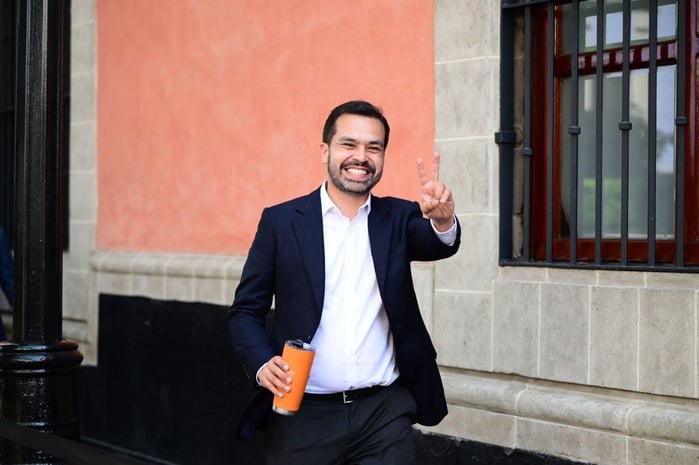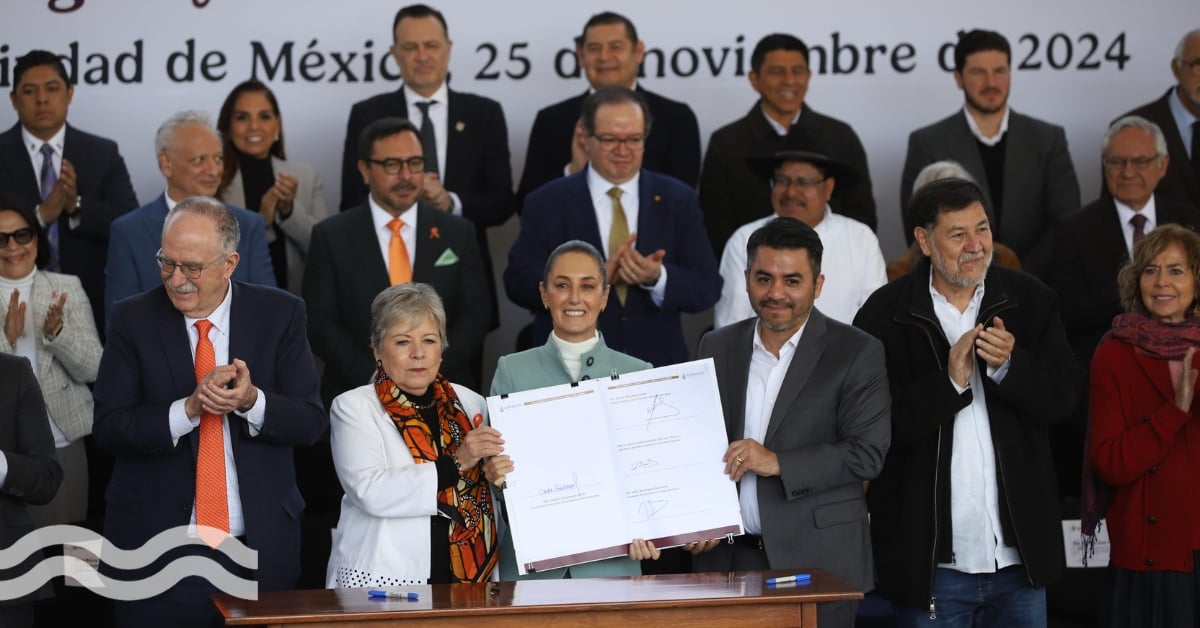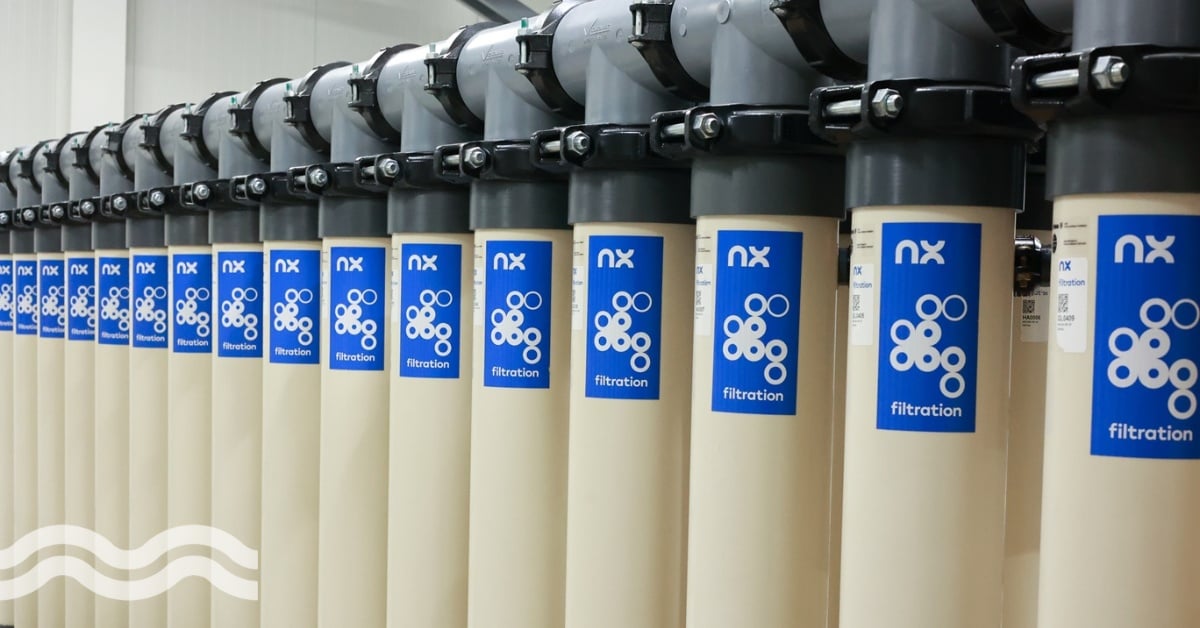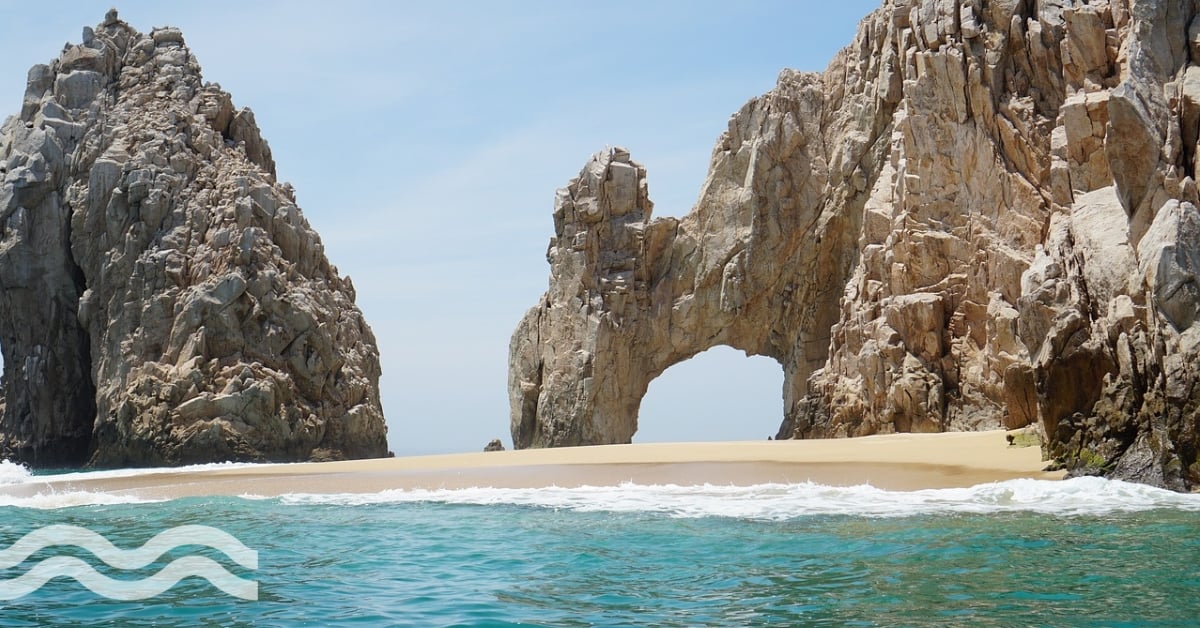Mexican election: How will presidential candidates address the water crisis?

Mexico goes to the polls on June 2 in what has been called its largest ever election. With 75 per cent of the country experiencing some drought conditions, and with the situation worsening, many in the country will be looking to its next president for solutions to the current water crisis.
We look at what each of the three presidential candidates has said about water in the run-up to the election.
Claudia Sheinbaum, candidate for the ruling MORENA party
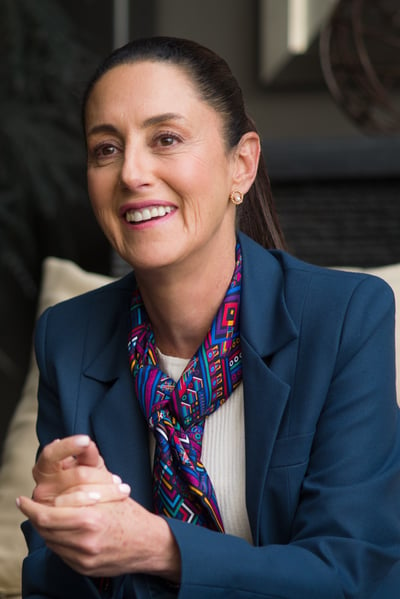
The polls have Sheinbaum well ahead of her rivals. She is a scientist who has served on the United Nations Intergovernmental Panel on Climate Change as part of a team that won a 2007 Nobel Peace Prize. Until last year, she served as Mexico City’s mayor, stepping down to launch her presidential bid.
As mayor, she will have first-hand knowledge of the water crisis, with the city expected by some projections to experience Day Zero not long after elections are held. One of the main water supplies to the city, the Cutzamala system, is suffering the effects of drought; meanwhile the city is sinking, which is affecting infrastructure, as well as water quality in the aquifer that provides much of the metropolitan area’s water.
We are working on a hydric plan for the next 30 years, in which efficient water use is a fundamental point
Sheinbaum has promised that her administration would focus on water management and renewable energy, promoting a 30-year water plan, which she told local media would ‘guarantee supply in the country’, but would need the participation of all sectors to achieve sustainable water use.
One of her objectives is to improve the resilience of the country’s water treatment capacities so that treated water can be utilised for industry, agriculture and for filling reservoirs.
Spanish newspaper El Economista reported her as saying: “We are working on a hydric plan for the next 30 years, in which efficient water use is a fundamental point. Among the objectives is to include all sectors, not just from a government perspective, but we should build it with the users of water for irrigation, farmers, the productive sector, and the services sectors in all municipalities.”
She has also been quoted as saying that a ban on fracking would remain partly because it could negatively affect water quality, and that better monitoring of water use was needed in agriculture.
Among her other water-related proposals, Sheinbaum has pledged to strengthen Conagua, the National Water Commission, and to create a National Water Bank. On the policy side, she is expected to revise the General Water Law, recognising water as a ‘resource of the nation’ and access to it ‘a human right’ in the constitution, and guaranteeing more responsible use of resources in all sectors.
Xochitl Gálvez, candidate of the opposition Fuerza y Corazón por México alliance
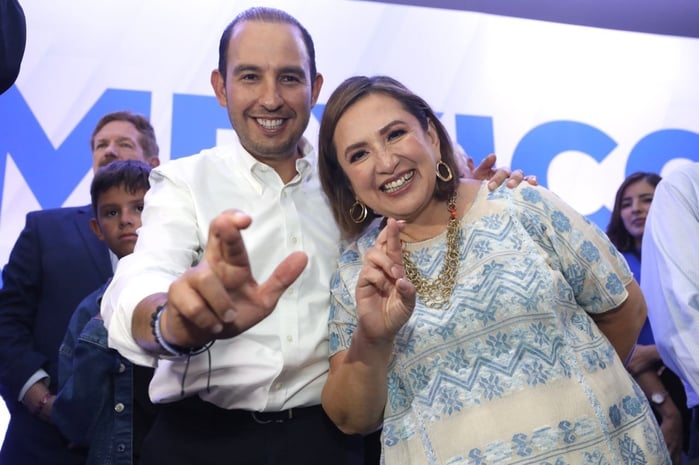 Gálvez, who has served previously as a senator, has criticised Sheinbaum for not doing enough to solve the water crisis during the current administration, having promised in 2019 that by this year there would be ‘water for all’.
Gálvez, who has served previously as a senator, has criticised Sheinbaum for not doing enough to solve the water crisis during the current administration, having promised in 2019 that by this year there would be ‘water for all’.
She is on record as saying there is a need for improved water regulation and legislation. She has also called for deforestation to be controlled, which she has linked to reduced water resources.
Gálvez has ambitious plans for wastewater treatment: currently just over 40 per cent of the country’s wastewater is treated, but the candidate has plans for a 100 per cent treatment rate. Linked to this plan is her aim of replenishing the country’s depleted aquifers with some of the treated water. On the subject of aquifers,Gálvez has supported the need to avoid over-exploiting aquifers.
Part of her plans include new desalination projects and encouraging both public and private investment in water infrastructure and treatment
Drinking water infrastructure also forms part of Gálvez’s plans with expansions and modernisation aimed at reducing water loss, with a focus on repairing leaks. Like Sheinbaum, Gálvez wants to make efficiencies in agricultural water use, with a focus on technical advances to reduce the amount of drinking water used. She has also proposed a National Plan for Domestic Rain Harvesting.
Gálvez wants to improve water education among the general population and modernise existing water institutions. She sees water as matter of national security. As such she proposes increasing and modernising storage for potable water. Part of her plans include new desalination projects and encouraging both public and private investment in water infrastructure and treatment.
Jorge Álvarez Máynez, candidate of Movimiento Ciudadano (MC)
Jorge Álvarez Máynez was a surprise candidate for the Movimiento Ciudadano party. He was also the last to declare by a number of months and so less is known of his plans for water. He has suggested promoting both a Water Infrastructure Fund, which would increase Conagua’s budget by 15 per cent each year, and a National Emergency Water Plan.
His plan would see Congaua building new reservoirs and implementing rain harvesting systems across the country. He has also pledged to develop more efficient water treatment plants which will be used to implement policies that support better and wider reuse of treated water.
• For further information on the Mexican water market and details of Aquatech Mexico taking place on 3-5 September, please visit: www.aquatechtrade.com/mexico.
